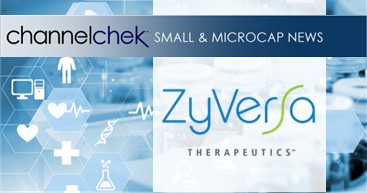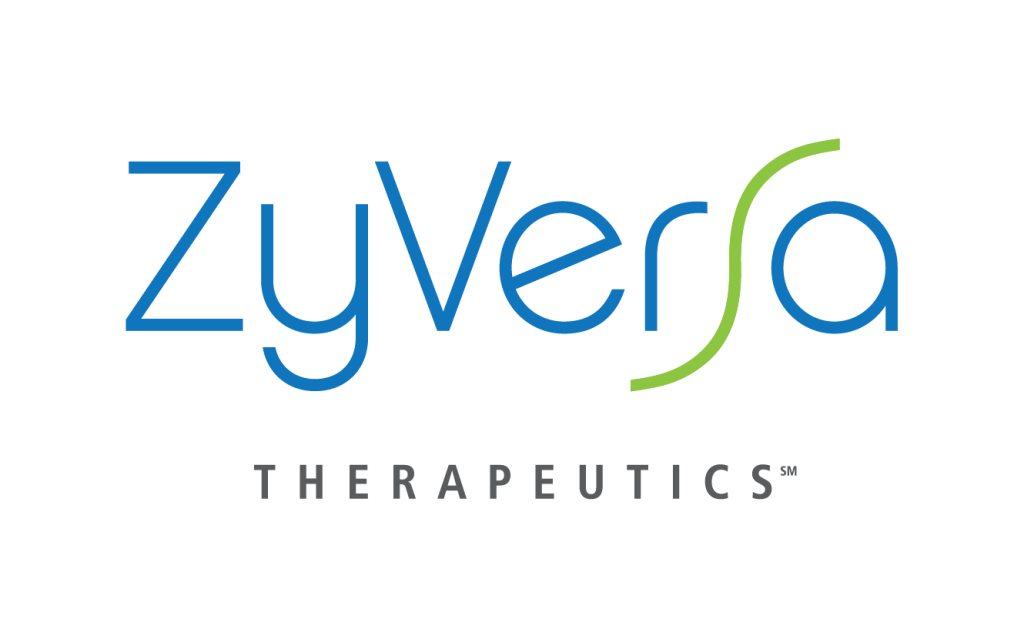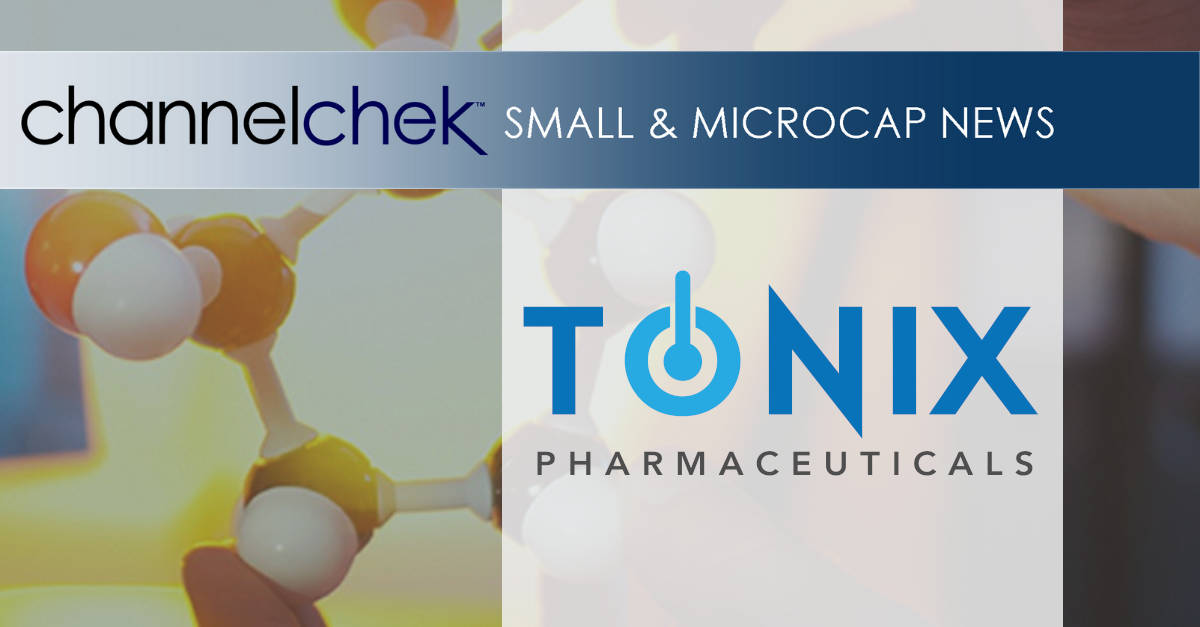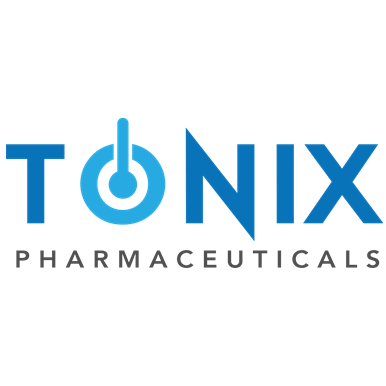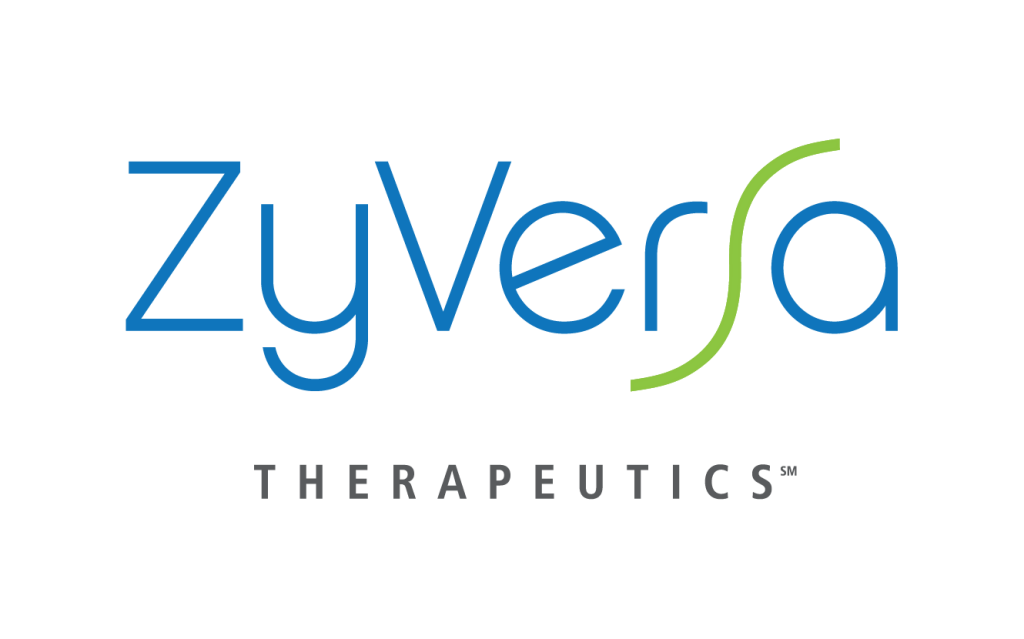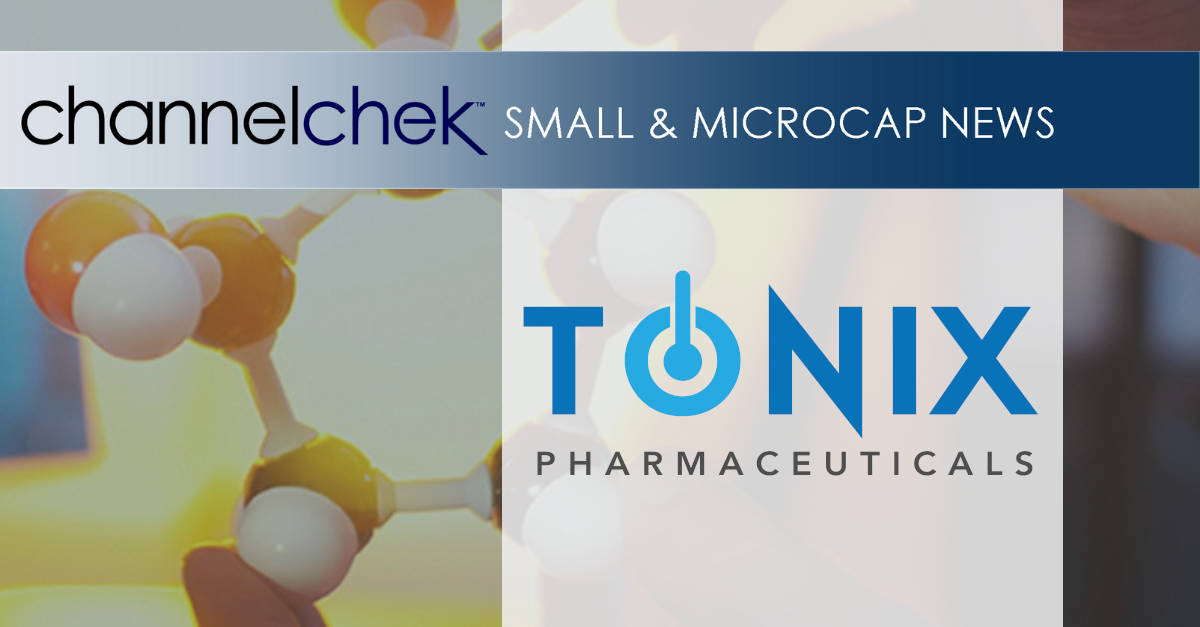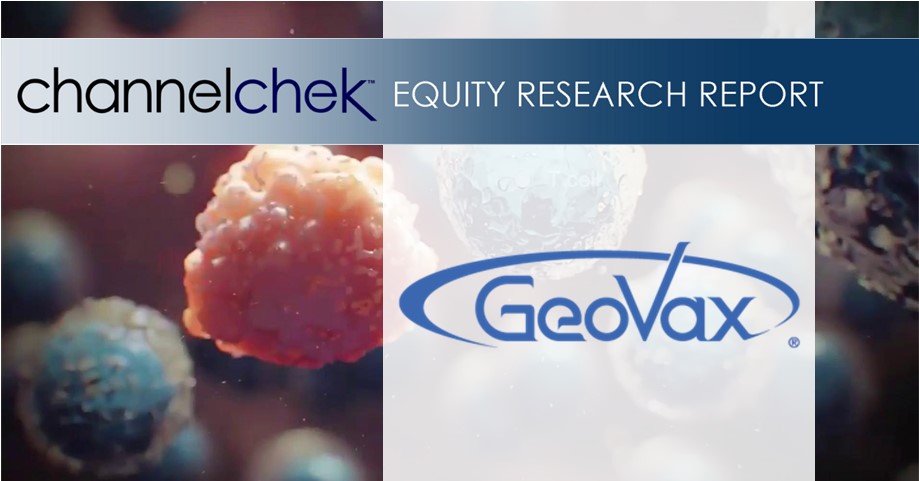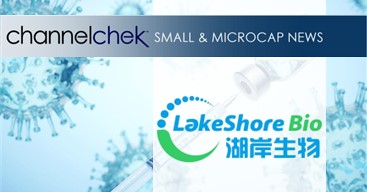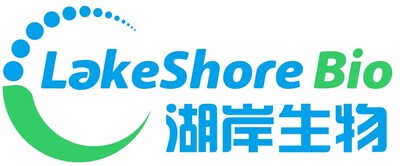Research News and Market Data on ZVSA
Jul 25, 2024
PDF Version
WESTON, Fla., July 25, 2024 (GLOBE NEWSWIRE) — ZyVersa Therapeutics, Inc. (Nasdaq: ZVSA, or “ZyVersa”), a clinical stage specialty biopharmaceutical company developing first-in-class drugs for treatment of inflammatory and renal diseases, announces that obesity and its related metabolic complications has been selected as the lead indication for Inflammasome ASC Inhibitor IC 100.
“Obesity, a well-established risk factor for an array of different metabolic disorders, including insulin resistance, type 2 Diabetes, hypertension, cardiovascular disease, and cancer, has reached pandemic proportions, affecting up to two-thirds of the adult population in developed countries,” stated Stephen C. Glover, ZyVersa’s Co-founder, Chairman, CEO and President. “Published research demonstrating that inflammasome activation in fat tissue triggers cell death and systemic release of proinflammatory IL-1β, and ASC specks, which can perpetuate and spread inflammation leading to metabolic disturbances associated with obesity provides support for Inflammasome ASC Inhibitor IC 100 as a potential therapeutic option. We are excited about progressing our development program in this area of high unmet needs.”
Following is the rationale behind selection of obesity and related metabolic complications, and an overview of the development program.
Why Obesity and Related Metabolic Complications as an Indication?
- Large Growing Market: The global obesity drug market reached nearly $24 billion in 2023, more than a sevenfold growth in just three years, and it is forecasted by IQVIA t to reach up to $131 Billion by 2028 (24 – 27% CAGR).
- Significant Health and Economic Impact: Obesity, which now affects over 40% of Americans (CDC), is associated with multiple chronic medical conditions, including type 2 diabetes, heart disease, and some forms of cancer, at an annual cost and economic impact exceeding 1.4 trillion in the United States including healthcare expenditures, loss of productivity (Milken Institute).
- Need for Alternative Mechanisms of Action to Complement GLP-1 agonists: While GLIP-1 drugs deliver meaningful weight loss, improve glucose control, and help to mitigate cardiovascular disease, they do not address the chronic tissue inflammation observed in adipose tissue, liver, muscle, and pancreatic islet cells that has emerged as a key feature of obesity. This chronic tissue inflammation, termed, “immunometabolism,” leads to insulin resistance, beta cell dysfunction, and development of type 2 diabetes and long-term inflammatory complications including microvascular disease (retinopathy, nephropathy, and neuropathy), macrovascular disease (stroke, myocardial infarction, and peripheral arterial disease), heart failure, and nonalcoholic fatty liver disease. As such, anti-inflammatory drugs have potential to provide additional benefits in obesity management (Immunity. 2022 Jan 11;55(1):31-55).
Rationale for Inflammasome Inhibitors as a Treatment for Obesity and Related Metabolic Complications
Inflammasomes, which are activated by nutrients, such as glucose and free fatty acids, trigger activation and stimulation of downstream inflammatory pathways, leading to chronic inflammation in obesity (Front Endocrinol (Lausanne). 2023 Aug 31;14:1232171).
- Nutrient overload triggers inflammasome-induced inflammation in the brain’s hypothalamus, causing increased appetite and food intake, increasing the number and size of fat cells associated with weight gain and obesity.
- The fat cells become hypoxic, resulting in cell death and macrophage recruitment. This leads to inflammasome activation, death of inflamed cells, and systemic release of proinflammatory cytokines, such as IL-1β, and ASC specks, spreading inflammation throughout the body. If unresolved, sustained inflammation leads to the metabolic complications of obesity.
Why Inflammasome ASC Inhibitor IC 100?
- Multiple types of inflammasomes, not just NLRP3, are activated in obesity and related metabolic complications (NLRP1, NLRP3, NLRC4, and AIM2). Because IC 100 targets the inflammasome ASC component, it inhibits each of these inflammasomes, including NLRP3, with potential to better attenuate the damaging inflammation associated with obesity and its complications (Immunology. 2021 Aug;163(4):348-362).
- Inflammation is spread and perpetuated by systemic release of proinflammatory IL-1β and ASC specks during death of inflamed cells, leading to obesity-related complications. IC 100 disrupts the structure and function of ASC specks, thereby attenuating spread and perpetuation of inflammation (Transl Res. 2022 Jul 3:S1931-5244(22)00150-5).
ZyVersa believes that inflammasome ASC Inhibitor IC 100 administered concurrently with GLIP-1 agonists will lead to incremental weight loss, and more importantly, attenuate the chronic tissue inflammation not addressed by GLIP-1 agonists to reduce the long-term micro- and macrovascular inflammatory complications.
Inflammasome ASC Inhibitor IC 100 Development Plans for Obesity and Related Complications
- IC 100’s preclinical program is nearing completion, with a planned Investigational New Drug (IND) submission Q4-2024, and Phase 1 clinical trial initiation shortly thereafter.
- Preclinical scientific collaboration to assess IC 100 as a potential treatment for atherosclerosis, a common obesity-related metabolic complication, is expected to conclude H2-2024.
- Preclinical scientific collaboration with University of Miami Miller School of Medicine to assess IC 100 as a potential treatment for obesity and metabolic syndrome is expected to begin H2-2024, with a second study looking at concomitant treatment with IC 100 and a GLIP-1 agonist to begin shortly thereafter.
- ZyVersa has recruited six top-tiered experts in obesity and related metabolic complications for a scientific advisory board to guide clinical development plans for IC 100, which will be announced in the next few weeks.
About Inflammasome ASC Inhibitor IC 100
IC 100 is a novel humanized IgG4 monoclonal antibody that inhibits the inflammasome adaptor protein ASC. IC 100 was designed to attenuate both initiation and perpetuation of the inflammatory response. It does so by binding to a specific region of the ASC component of multiple types of inflammasomes, including NLRP1, NLRP2, NLRP3, NLRC4, AIM2, and Pyrin. Intracellularly, IC 100 binds to ASC monomers, inhibiting inflammasome formation, thereby blocking activation of IL-1β early in the inflammatory cascade. IC 100 also binds to ASC in ASC Specks, both intracellularly and extracellularly, further blocking activation of IL-1β and the perpetuation of the inflammatory response that is pathogenic in inflammatory diseases. Because active cytokines amplify adaptive immunity through various mechanisms, IC 100, by attenuating cytokine activation, also attenuates the adaptive immune response. The lead indication for IC 100 is obesity and its associated metabolic complications. To review a white paper summarizing the mechanism of action and preclinical data for IC 100, Click Here.
About ZyVersa Therapeutics, Inc.
ZyVersa (Nasdaq: ZVSA) is a clinical stage specialty biopharmaceutical company leveraging advanced proprietary technologies to develop first-in-class drugs for patients with inflammatory or kidney diseases with high unmet medical needs. We are well positioned in the rapidly emerging inflammasome space with a highly differentiated monoclonal antibody, Inflammasome ASC Inhibitor IC 100, and in kidney disease with phase 2 Cholesterol Efflux MediatorTM VAR 200. The lead indication for IC 100 is obesity and its associated metabolic complications, and for VAR 200, focal segmental glomerulosclerosis (FSGS). Each therapeutic area offers a “pipeline within a product,” with potential for numerous indications. The total accessible market is over $100 billion. For more information, please visit www.zyversa.com.
Cautionary Statement Regarding Forward-Looking Statements
Certain statements contained in this press release regarding matters that are not historical facts, are forward-looking statements within the meaning of Section 21E of the Securities Exchange Act of 1934, as amended, and the Private Securities Litigation Reform Act of 1995. These include statements regarding management’s intentions, plans, beliefs, expectations, or forecasts for the future, and, therefore, you are cautioned not to place undue reliance on them. No forward-looking statement can be guaranteed, and actual results may differ materially from those projected. ZyVersa Therapeutics, Inc (“ZyVersa”) uses words such as “anticipates,” “believes,” “plans,” “expects,” “projects,” “future,” “intends,” “may,” “will,” “should,” “could,” “estimates,” “predicts,” “potential,” “continue,” “guidance,” and similar expressions to identify these forward-looking statements that are intended to be covered by the safe-harbor provisions. Such forward-looking statements are based on ZyVersa’s expectations and involve risks and uncertainties; consequently, actual results may differ materially from those expressed or implied in the statements due to a number of factors, including ZyVersa’s plans to develop and commercialize its product candidates, the timing of initiation of ZyVersa’s planned preclinical and clinical trials; the timing of the availability of data from ZyVersa’s preclinical and clinical trials; the timing of any planned investigational new drug application or new drug application; ZyVersa’s plans to research, develop, and commercialize its current and future product candidates; the clinical utility, potential benefits and market acceptance of ZyVersa’s product candidates; ZyVersa’s commercialization, marketing and manufacturing capabilities and strategy; ZyVersa’s ability to protect its intellectual property position; and ZyVersa’s estimates regarding future revenue, expenses, capital requirements and need for additional financing.
New factors emerge from time-to-time, and it is not possible for ZyVersa to predict all such factors, nor can ZyVersa assess the impact of each such factor on the business or the extent to which any factor, or combination of factors, may cause actual results to differ materially from those contained in any forward-looking statements. Forward-looking statements included in this press release are based on information available to ZyVersa as of the date of this press release. ZyVersa disclaims any obligation to update such forward-looking statements to reflect events or circumstances after the date of this press release, except as required by applicable law.
This press release does not constitute an offer to sell, or the solicitation of an offer to buy, any securities.
Corporate, Media, and IR Contact:
Karen Cashmere
Chief Commercial Officer
kcashmere@zyversa.com
786-251-9641


